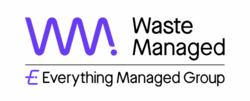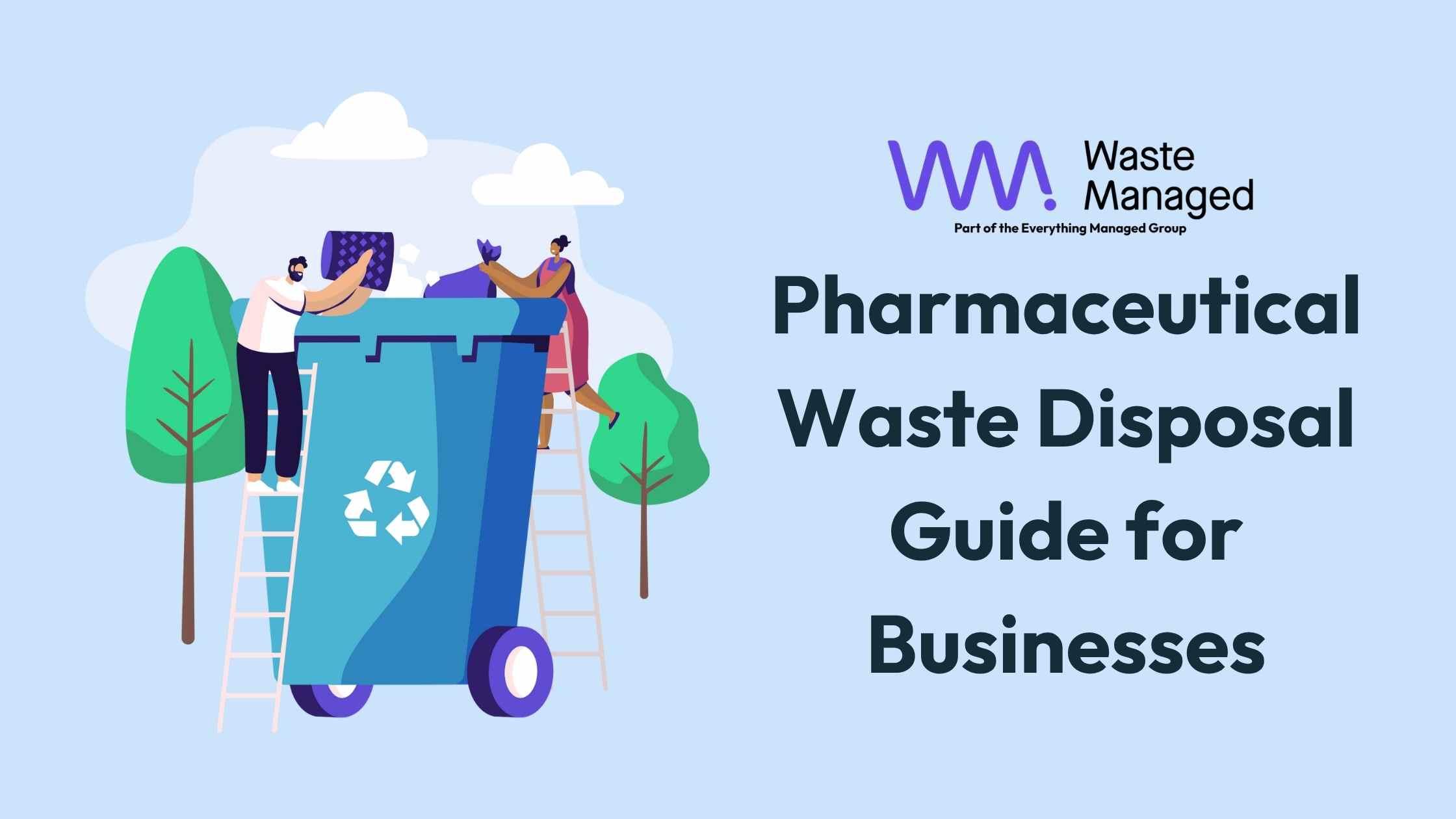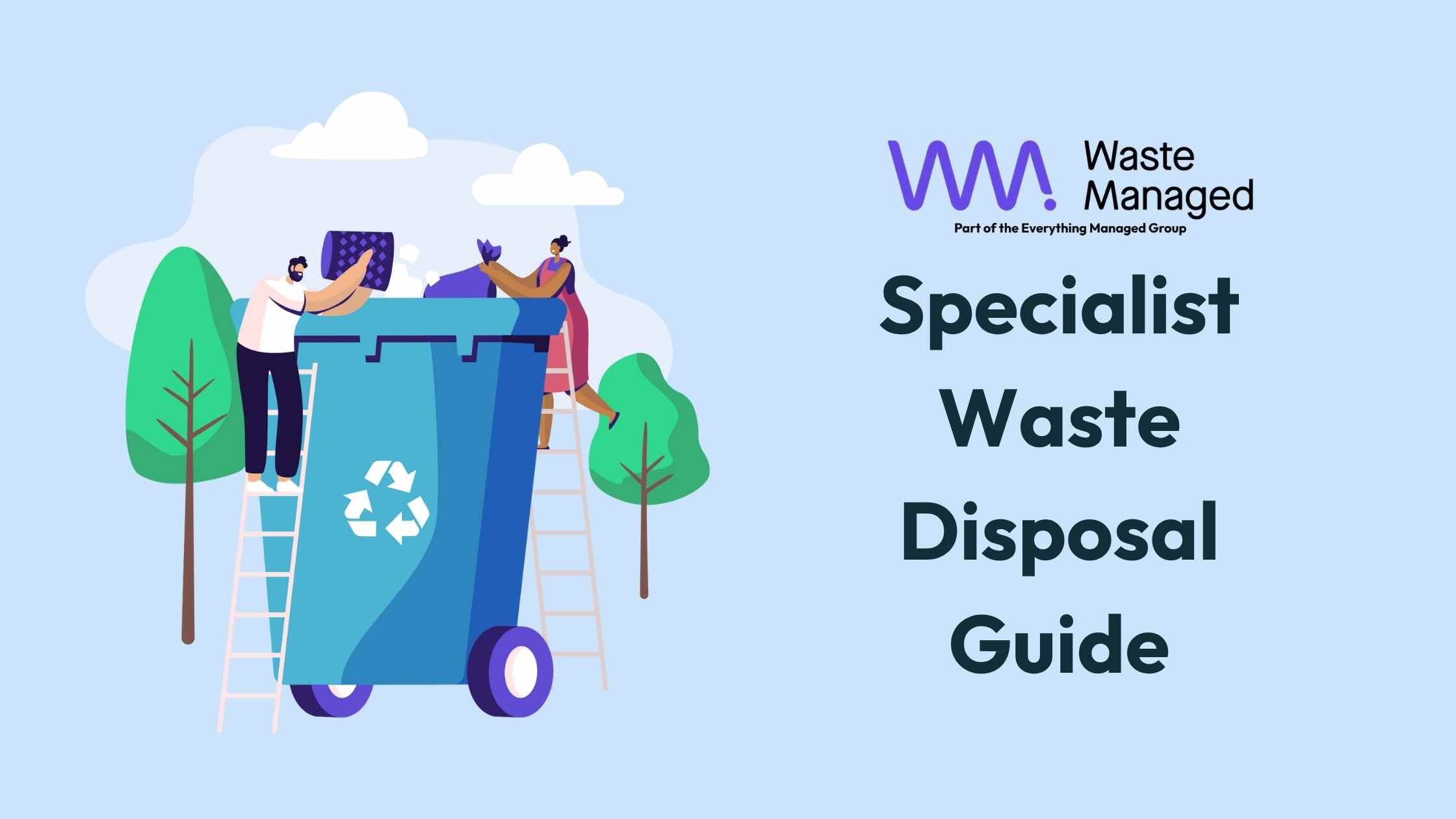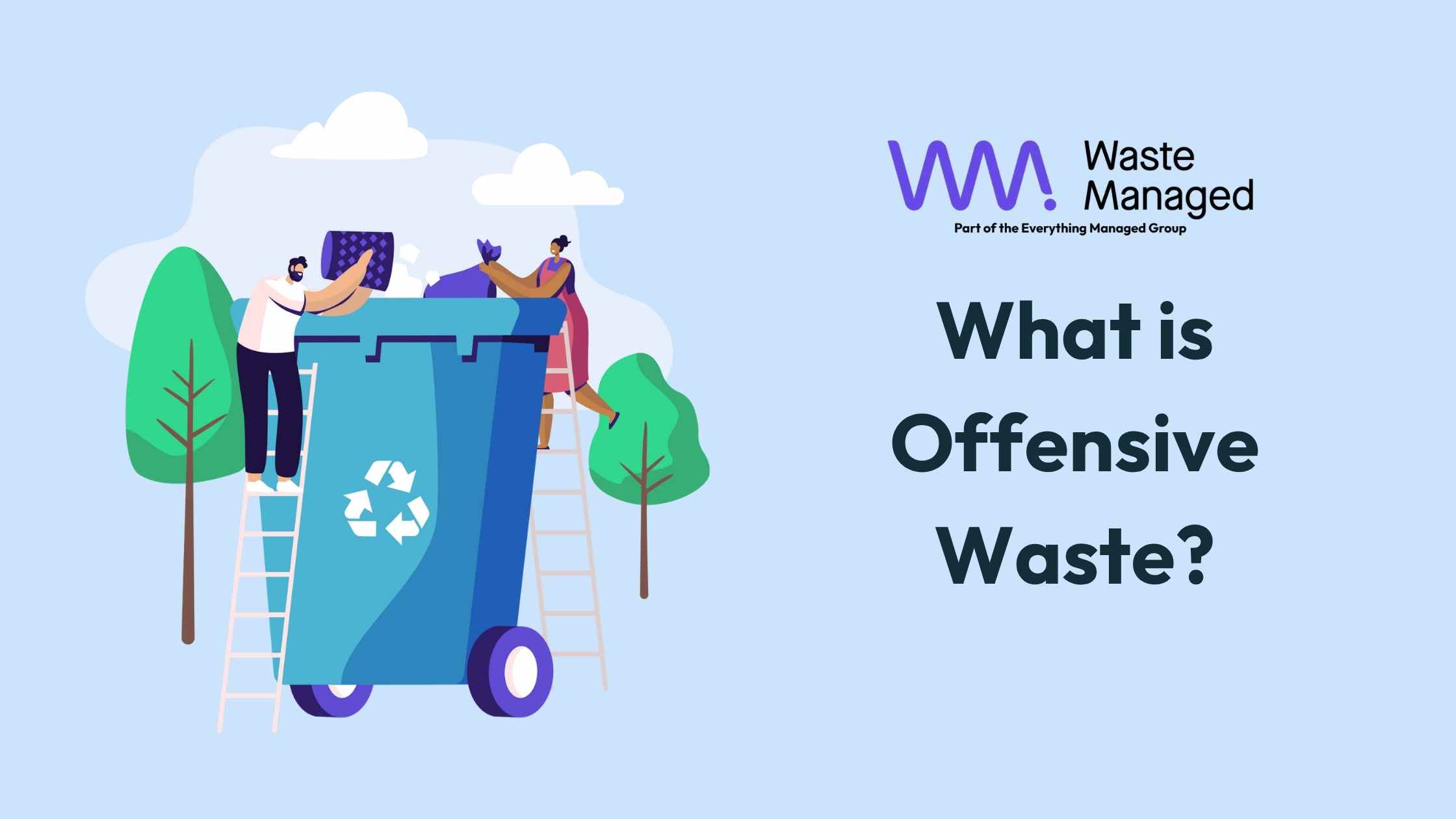
A Quick Summary
- Proper waste management in hospitals ensures safety and compliance with regulations.
- Effective staff training can significantly reduce environmental impact.
- Implementing best practices leads to cost savings and operational efficiency.
In the UK, effective waste management in hospitals is critical not only for maintaining a safe and hygienic environment but also for complying with stringent regulations.
For senior leadership and management in the healthcare sector, understanding and implementing robust waste management practices is essential.
This blog explores why educating hospital staff on waste management is crucial and provides actionable insights to enhance your facility’s waste handling procedures.
Table of Contents
- The Importance of Waste Management in Hospitals
- Key Components of Effective Waste Management Training
- Implementing Effective Training Programmes
- Benefits of Educating Hospital Staff on Waste Management
- Conclusion

The Importance of Waste Management in Hospitals
Hospitals generate a vast amount of waste, ranging from general refuse to hazardous materials.
Proper segregation, handling, and disposal of this waste are paramount to prevent environmental contamination, reduce the risk of infections, and comply with legal requirements.
According to the NHS, 156,000 tonnes of clinical waste are produced annually, all requiring specialist disposal methods.

Key Components of Effective Waste Management Training
Here are the key components of waste management training you should take note of for training within the healthcare sector:
1. Understanding Waste Segregation
Educating staff on the different types of waste hospitals generally create – general waste, dry mixed recycling, clinical, sanitary and hazardous – is the foundation of effective waste management.
Proper segregation at the source helps in minimising the risk of contamination and ensures that waste is treated appropriately.
Clear labeling and colour-coded bins are practical tools for reinforcing this knowledge.
2. Compliance with Regulations
UK hospitals must adhere to strict waste management regulations, including the Hazardous Waste Regulations 2005 and the Environmental Protection Act 1990.
Staff training should cover these legal frameworks to ensure compliance and avoid hefty fines.
Regular audits and updates on regulatory changes can help maintain high standards.
3. Environmental Impact Awareness
Educating hospital staff about the environmental impact of improper waste disposal can create a culture of responsibility and sustainability.
Highlighting the long-term benefits of reducing landfill use and promoting recycling can motivate staff to adhere to best practices consistently.

Implementing Effective Training Programmes
Here are some ways to implement training programmes in your healthcare centre.
1. Regular Workshops and Seminars
Conducting regular workshops and seminars can keep staff updated on the latest waste management techniques and regulations.
Interactive sessions with real-life scenarios can make learning more engaging and practical.
2. E-learning Modules
E-learning modules offer flexibility and can be particularly effective for continuous education.
These modules can include videos, quizzes, and interactive content to reinforce learning and track progress.
3. Incentive Programmes
Implementing incentive programmes can encourage staff to participate actively in waste management initiatives.
Recognising and rewarding departments or individuals who excel in waste reduction can boost morale and compliance.

Benefits of Educating Hospital Staff on Waste Management
Here are some of the benefits of educating hospital staff on the best waste management practices:
1. Improved Safety and Hygiene
Proper waste management reduces the risk of infections and ensures a cleaner, safer hospital environment for patients, staff, and visitors.
2. Cost Savings
Effective waste management can lead to significant cost savings by reducing the volume of waste requiring special disposal methods and by promoting recycling, which can generate revenue.
3. Enhanced Reputation
Hospitals that prioritise waste management and sustainability can enhance their reputation, attracting patients and staff who value environmentally responsible practices.

Conclusion
Educating hospital staff on waste management is a critical investment for any UK healthcare facility.
By ensuring that employees understand the importance of proper waste segregation, compliance with regulations, and the environmental impact of their actions, hospitals can enhance safety, reduce costs, and create a culture of sustainability.
Implementing effective training programmes and continuous education will not only help in achieving these goals but also improve the hospital’s reputation and operational efficiency.
Taking proactive steps today will lead to a healthier and more sustainable tomorrow for all.








